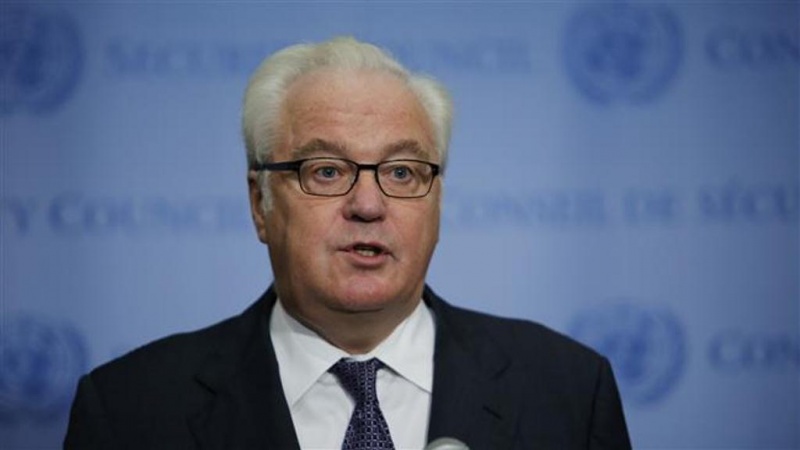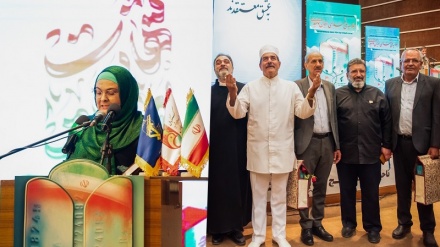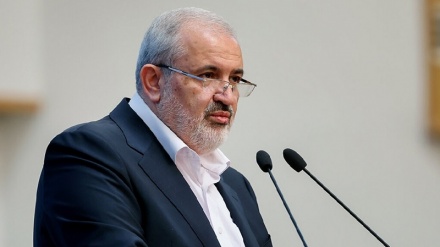Iran missile work not violating UN bans: Russia’s UN ambassador
-

Russia’s UN Ambassador Vitaly Churkin
A senior Russian diplomat has expressed surprise at an outcry provoked by the new US administration over Iranian missile work, saying Tehran’s missile tests are not violating any UN bans, legally speaking.
“This outcry about Iran’s ballistic missile launches. I was surprised to hear even American experts speaking on CNN and calling it a violation of bans by the UN Security Council,” said Russia’s UN Ambassador Vitaly Churkin in an interview with RT published Tuesday.
He was referring to Resolution 2231 adopted by the Security Council in July 2015 to underpin the landmark nuclear deal inked days earlier between Tehran and the P5+1 group of states, namely Russia, China, France, Britain, the US plus Germany.
The document terminated the provisions of previous UN resolutions, calling on Iran “not to undertake any activity related to ballistic missiles designed to be capable of delivering nuclear weapons, including launches using such ballistic missile technology.”
Explaining the legal language used in Resolution 2231, Churkin said the document merely “calls” on Tehran not to conduct tests of missiles capable of carrying nuclear weapons, but does not impose any ban on Tehran.
“Those bans were there before, all those bans were lifted,” said the Russian official. “Technically or legally you cannot argue that they are violating any kind of a prohibition.”
He also said no evidence has been provided to support the claims that Tehran’s missiles are capable of carrying nuclear warheads.
Late last month, Washington’s UN envoy Nikki Haley slammed a missile test by Iran as “absolutely unacceptable.”
US President Donald Trump’s National Security Advisor Michael Flynn also said following the January 29 test that Washington was “officially putting Iran on notice,” claiming that the launch was “in defiance of UN Security Council Resolution 2231.”
The Islamic Republic has, on numerous occasions, asserted that its missiles are not designed to be capable of carrying nuclear warheads, and that it is not involved in such missile work.
Explaining Russia’s opposition to an anti-Iran resolution, Churkin said back then that in the view of veto-wielding Russia, Resolution 2231, which endorsed a nuclear deal between Iran and six other countries, did not legally prohibit Iranian ballistic missile tests.
He said the text explicitly did not ban Iranian missile test-launches.
“A call is different from a ban, so, legally, you cannot violate a call, you can comply with a call or you can ignore the call, but you cannot violate a call,” Russia’s UN ambassador said. “The legal distinction is there.”
Elsewhere in the interview, Churkin warned that the United States' tensions with Iran might work to affect Moscow’s relations with Washington.
EA


